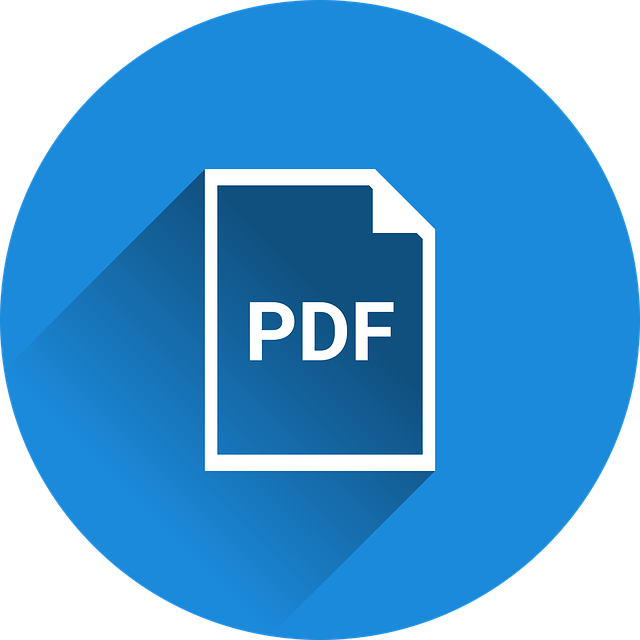UK intellectual property (IP) laws protect innovation and creativity, with stringent guidelines for patent, copyright, trade mark, and design registration. Businesses offering UK Intellectual Property Documents translation services must stay informed to facilitate legal navigation. Accurate translations preserve document integrity and comply with local laws, ensuring admissibility in court. Professional translators skilled in IP law and proficient in multiple languages deliver precise translations of complex technical and legal terminology, facilitating the seamless acceptance of translated IP documents as evidence. Engaging reputable services with robust Quality Assurance (QA) processes ensures cultural appropriateness, accuracy, and prevention of costly misinterpretations.
In today’s globalized landscape, ensuring compliance with UK intellectual property (IP) documents during translation is paramount. When navigating the intricacies of British legal requirements, accurate and admissible translations are crucial for protecting your assets. This article delves into the essential components of UK IP laws and their document demands. We explore why precise translation is vital for legal acceptability, highlight best practices to maintain compliance, and discuss quality assurance checks to validate translated IP documents for their intended legal use. Discover expert insights on optimizing translation services for robust IP protection.
- Understanding UK Intellectual Property Laws and Their Document Requirements
- The Significance of Accurate Translation for Legal Admissibility
- Best Practices for Ensuring Compliance During the Translation Process
- Quality Assurance Checks: Validating Translated IP Documents for Legal Use
Understanding UK Intellectual Property Laws and Their Document Requirements

In the UK, intellectual property (IP) laws are a cornerstone of innovation and creativity protection. Understanding these laws is paramount when dealing with IP documents, especially during international transactions or when seeking legal redress. The UK has established stringent guidelines for patent, copyright, trade mark, and design registration, each with specific document requirements that must be met to ensure validity and enforceability.
For businesses offering UK Intellectual Property Documents translation services, it’s crucial to stay abreast of these regulations. Accurate translations not only facilitate communication but also guarantee that IP owners can navigate the legal system effectively. This involves translating applications, specifications, and other documents while preserving their integrity and ensuring compliance with local laws.
The Significance of Accurate Translation for Legal Admissibility

In legal matters, especially in jurisdictions like the UK, the admissibility of evidence is a critical aspect that determines the outcome of cases. When it comes to intellectual property (IP) documentation, accurate and professional translation plays a pivotal role in ensuring its legal acceptability. IP documents, such as patents, trademarks, copyrights, and licensing agreements, require precise language to convey technical concepts and legal terminology.
Hiring reputable UK Intellectual Property Documents translation services is essential to guarantee the accuracy and admissibility of these documents in court. Professional translators with expertise in legal jargon and cultural nuances can produce translations that meet stringent legal standards. This ensures that the translated documents are not only linguistically correct but also compliant with local laws, thereby facilitating their acceptance as evidence without any challenges.
Best Practices for Ensuring Compliance During the Translation Process

When dealing with UK Intellectual Property Documents translation services, maintaining compliance is paramount to avoid legal pitfalls. Best practices involve engaging professional translators with expertise in IP law and a deep understanding of both the source and target languages. This ensures accurate translations that capture nuanced legal terms and concepts, aligning with the original intent.
Additionally, implementing quality control measures such as peer review and comparison against the source document is crucial. Using specialized translation memory tools can also help preserve consistency and accuracy across various documents. Regular consultations with legal experts throughout the process ensure that all translated materials comply with UK laws and regulations, safeguarding your intellectual property rights.
Quality Assurance Checks: Validating Translated IP Documents for Legal Use

When using translated UK Intellectual Property (IP) documents for legal purposes, it’s paramount to conduct thorough Quality Assurance (QA) checks. This involves scrutinizing the translation accuracy and cultural appropriateness of the documents to ensure they accurately convey the original meaning. Reputable UK IP document translation services employ rigorous QA processes, including language expertise, industry-specific knowledge, and cross-referencing against the source material.
These checks help identify subtle nuances lost in translation, ensuring that legal terms and concepts are conveyed precisely and effectively. In the complex landscape of IP law, where a single misinterpretation can have significant consequences, rigorous QA is not just a best practice—it’s an indispensable step to safeguard the integrity and enforceability of translated IP documents.
When it comes to utilizing translated UK Intellectual Property documents for legal purposes, adherence to stringent requirements is paramount. From comprehending intricate legal jargon to ensuring precision in translation, every step plays a crucial role in maintaining the integrity of your IP assets. By following best practices and implementing rigorous quality assurance checks, you can rely on your translated documents to be admissible in court and legally enforceable. Investing in professional translation services specialized in UK Intellectual Property Documents is a strategic move to safeguard your intellectual property rights across borders.



